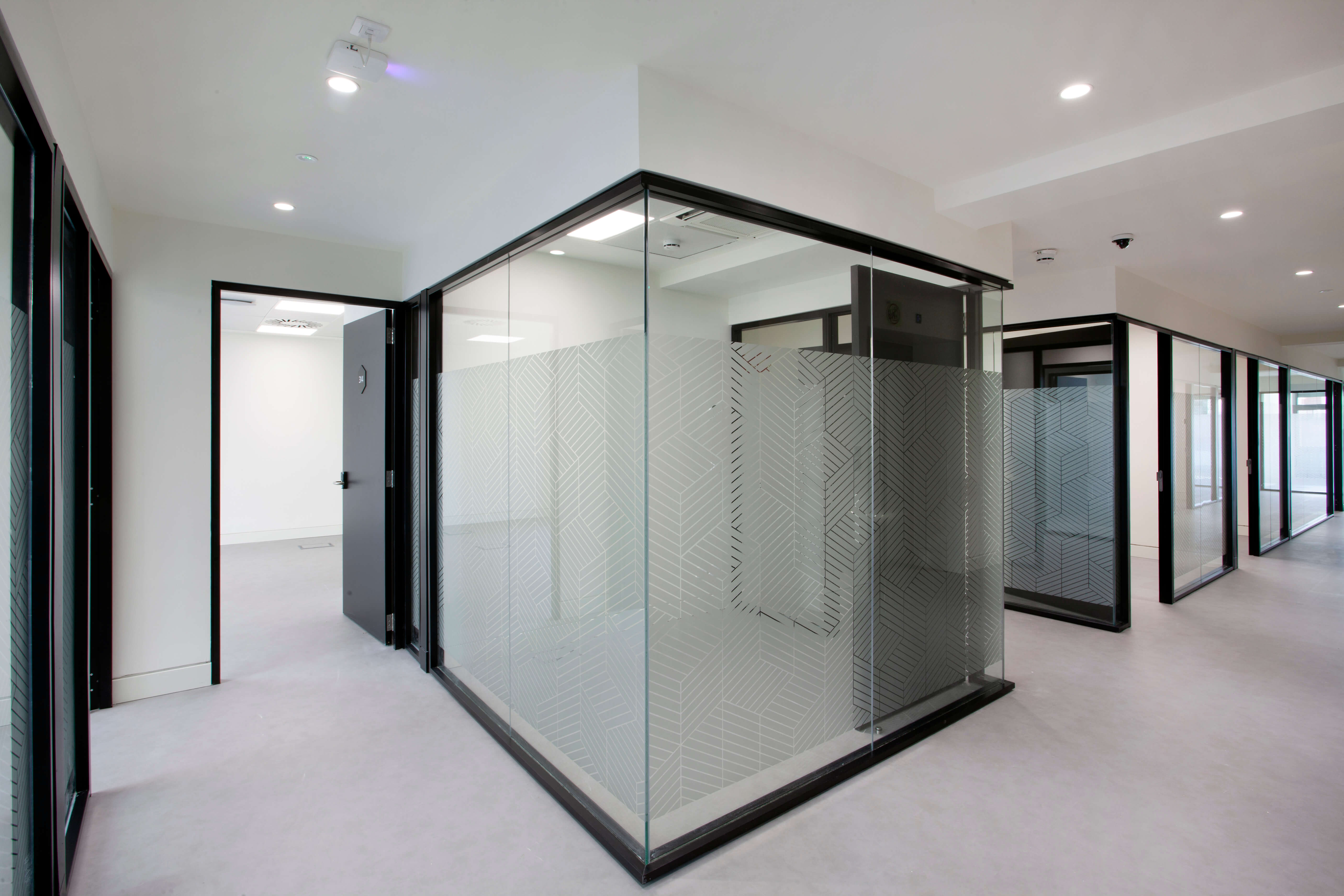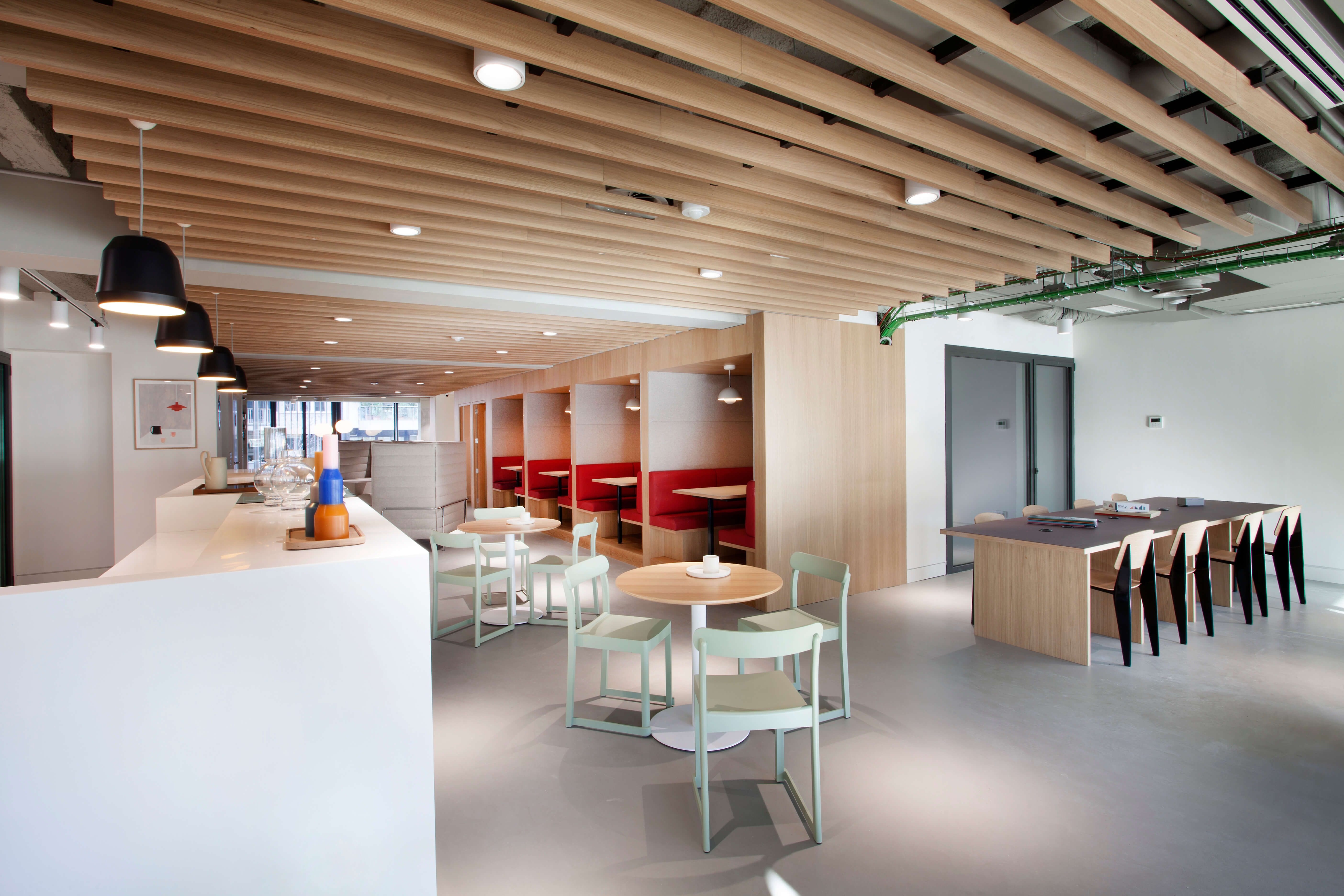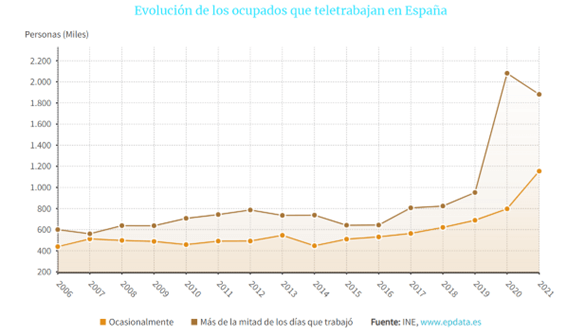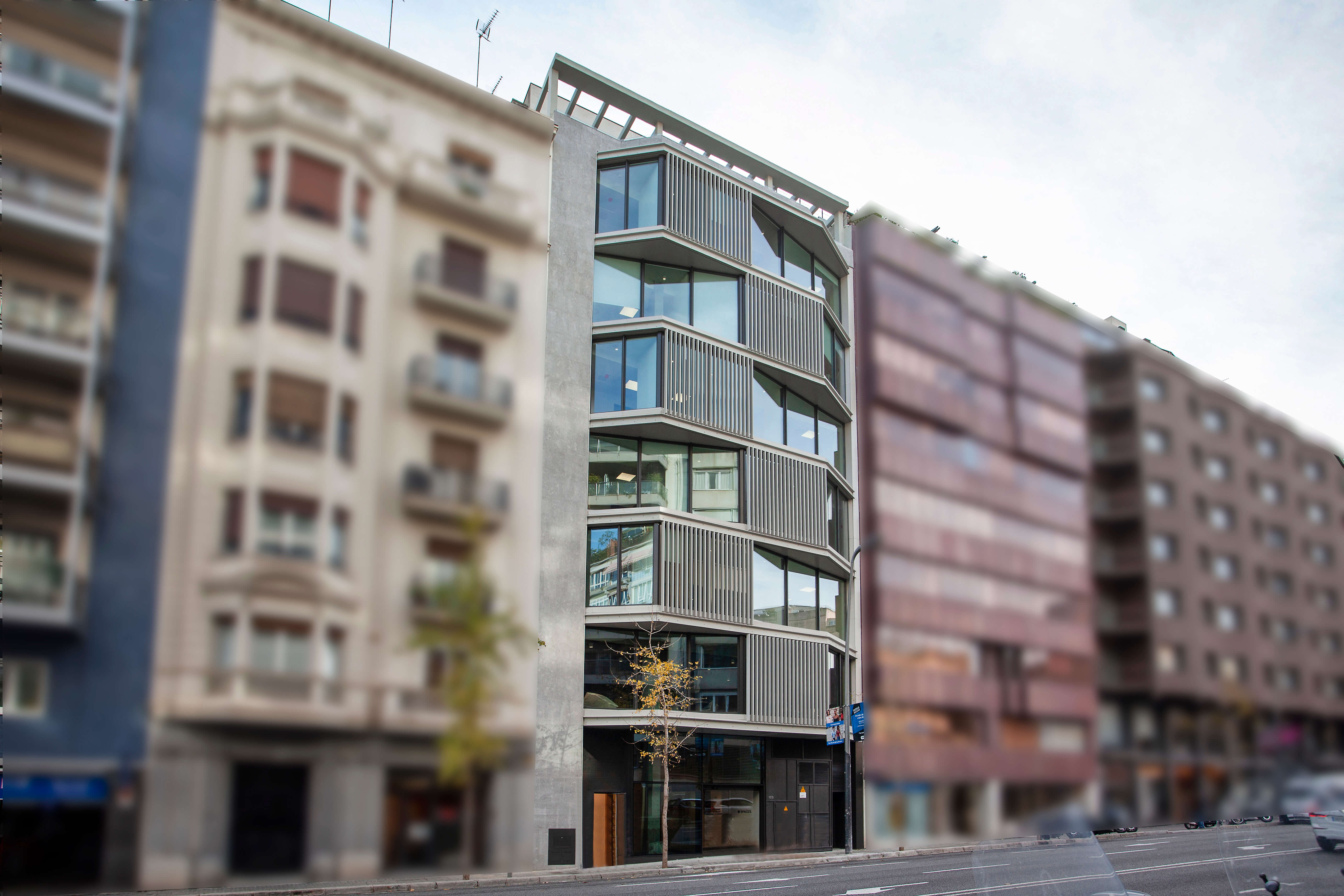In recent years, the world of work has undergone major changes that have affected both workers and companies.
In particular, working in coworking spaces and telecommuting have become significant trends. These new forms of work have generated the need to adapt buildings, homes and premises to innovative spaces dedicated to work.
Faced with this scenario, the question arises of how cities should be transformed to meet these new needs of the population. To address this problem, at Renta Corporación we continuously analyze trends and the latest news in the sector to transform the cities where we operate while maintaining their architectural legacy.
One of the biggest challenges facing cities today is adapting traditional residential assets into innovative office spaces that meet these new demands. Companies are increasingly looking for co-working spaces that offer a welcoming and modern atmosphere, with areas adapted for meetings, conference rooms and break-out areas. Traditional offices will have to adapt to these new demands by turning the spaces into more flexible and open spaces.
The rise in demand for coworking spaces
Changes in technology, working practices and employee preferences have made the traditional model increasingly unattractive and new ways of working are being sought.
Coworking spaces are an emerging model that offers a shared work environment for freelancers, freelancers and small businesses. In 2021, this sector registered a 39% growth, reaching an investment of 131 million euros in Spain, with Barcelona, Madrid and Valencia being the provinces with the most shared work spaces for professionals.
These spaces should be flexible, functional and efficient, and should be designed to encourage collaboration and the exchange of ideas. Coworking offices should also provide high-quality tools and services, such as Wi-Fi connection, printers and scanners, meeting rooms and secretarial services.
Innovative coworking office building at Via Augusta 131
We can see a clear example of this trend in one of the latest refurbishment projects we have carried out in Barcelona’s central Via Augusta. We have completely transformed a traditional residential building into an innovative office building for coworking.
In this building, the large common areas and open-plan spaces stand out. Also the glass walls and doors and numerous spaces dedicated to moments for group work.


Homes are also being transformed to adapt to remote working
The pandemic has undoubtedly had a direct impact on the rise of remote working or telecommuting. Whether in 100% remote or hybrid format, it allows employees to work from home or elsewhere, and has driven the development of innovative tools and technologies that facilitate communication and collaboration between colleagues in different locations.
This trend is evident in the graph below, which shows an exponential growth in the number of employed people who telecommuted “more than half of the days they worked” in our country, during the period from 2019 to 2020. Although this figure experienced a decline between 2020 and 2021, the number of employed people who worked remotely “occasionally” continues to rise, and the number of people who teleworked more than half the days is still significantly higher than before the pandemic.

In addition to the transformation of office space, cities will need to pay attention to the growing trend of teleworking and the need to adapt homes so that they can be used as workspaces.
Homes should be designed in a way that allows for comfortable and practical use, with specific areas dedicated to home offices and windows that allow natural light to enter. Consideration should also be given to the quality of internet connection and the location of sockets and other necessary tools.

